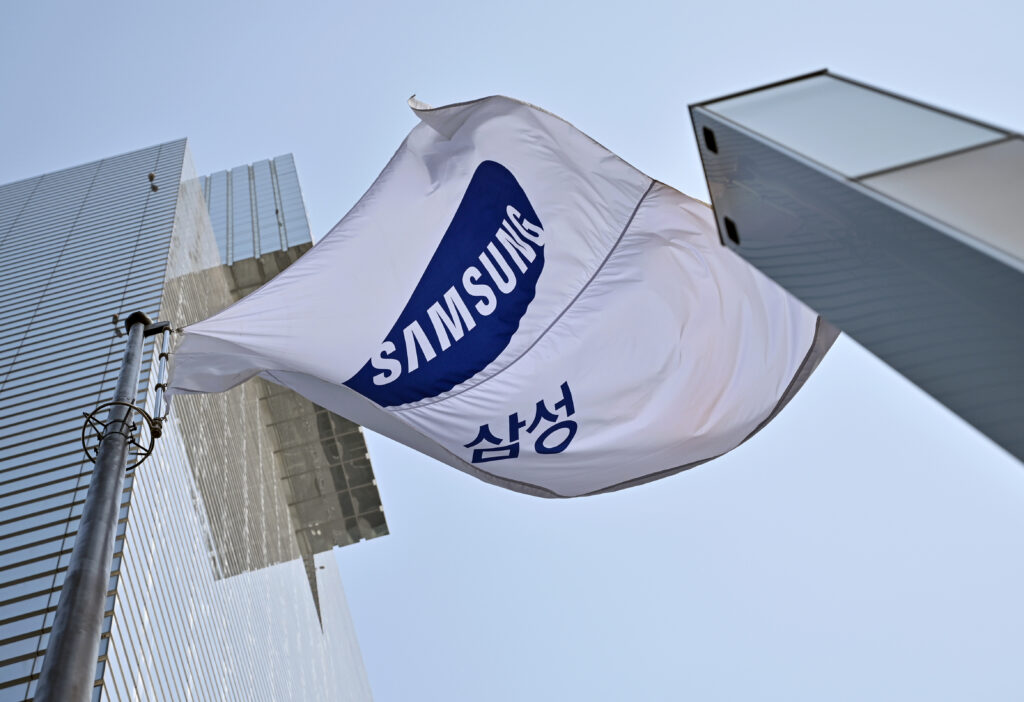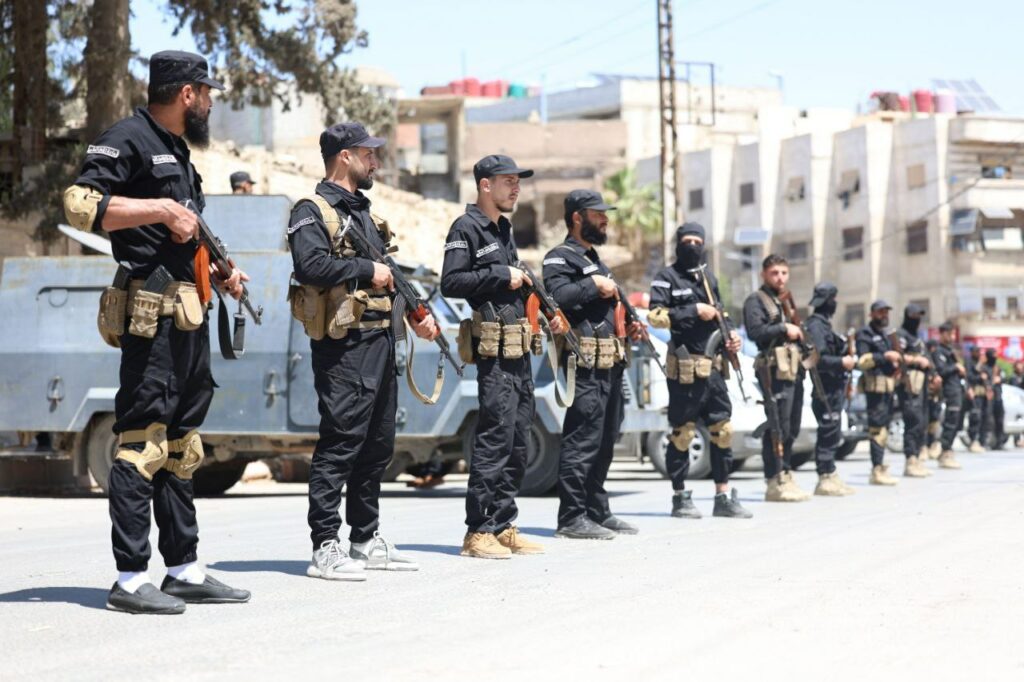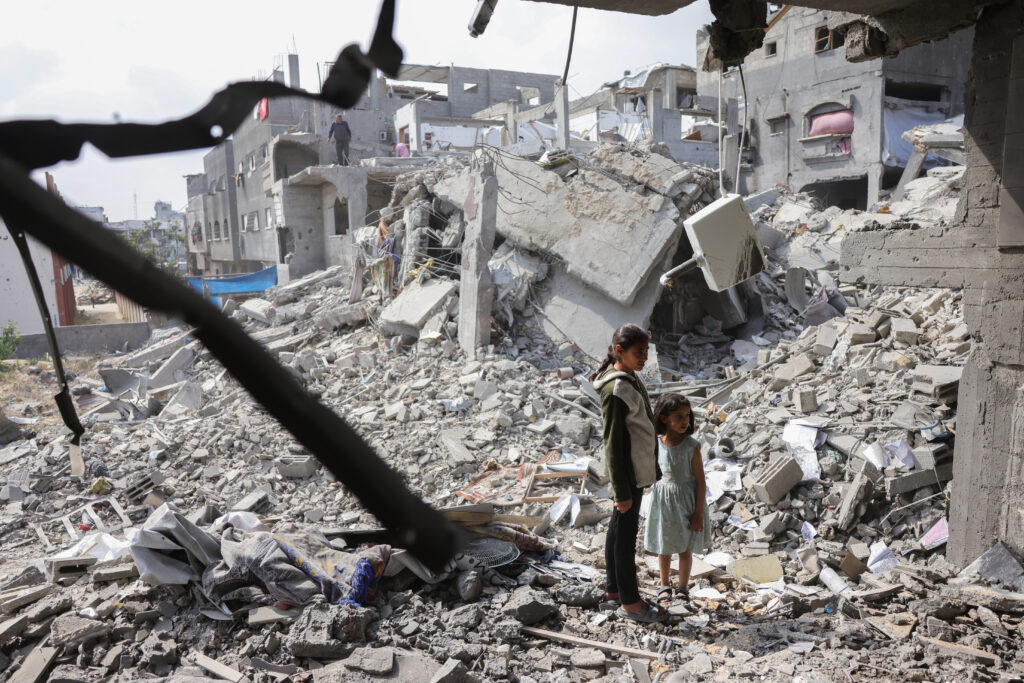Amnesty International accused Israel on Tuesday of committing a “live-streamed genocide” against Palestinians by forcibly displacing Gazans and creating a humanitarian catastrophe in the besieged territory, claims Israel dismissed as “blatant lies”.Echoing global concern after more than 18 months of war, the United Nations’ rights chief Volker Turk meanwhile called on the international community to launch “concerted efforts” to end Israel’s total aid blockade on the Gaza Strip, in effect since early March.Rights group Amnesty, in its annual report, said Israel was acting with “specific intent to destroy Palestinians in Gaza, thus committing genocide”.The war erupted after Palestinian militant group Hamas launched an unprecedented attack on Israel on October 7, 2023, resulting in the deaths of 1,218 people, mostly civilians, according to an AFP tally based on official Israeli figures.Israel’s retaliatory military offensive has killed at least 52,365 people in Gaza, according to the health ministry in the Hamas-run territory.”Since October 7, 2023, when Hamas perpetrated horrific crimes against Israeli citizens and others and captured more than 250 hostages, the world has been made audience to a live-streamed genocide,” Amnesty’s secretary-general Agnes Callamard said.”States watched on as if powerless, as Israel killed thousands upon thousands of Palestinians, wiping out entire multigenerational families, destroying homes, livelihoods, hospitals and schools.”Israel rejected the accusations, accusing Amnesty of spreading Hamas propaganda and insisting that the military did not target civilians.- ‘Extreme’ suffering -On the ground, Gaza’s civil defence agency said Israeli strikes on Tuesday killed at least seven people, four of whom in a tent encampment for displaced Palestinians in the territory’s south.”I just want to lay my head on a pillow and sleep. We don’t want to be collecting remains” of the dead, said Widad Fojo, who lost relatives in an Israeli strike.Amnesty said it had “documented multiple war crimes by Israel” including attacks on civilians, and that Israel had “deliberately engineered an unprecedented humanitarian catastrophe”.The London-based rights group said 1.9 million people — about 90 percent of Gaza’s population — had been forcibly displaced during the war. The UN has cited similar figures.Israeli foreign ministry spokesman Oren Marmorstein rejected the accusations, saying that “the radical anti-Israel organisation Amnesty has once again chosen to publish baseless lies against Israel.””Israel is targeting only terrorists and never civilians,” he told AFP.Marmorstein charged that Hamas “deliberately targets Israeli civilians and hides behind Palestinian civilians”.Top Israeli officials, including Prime Minister Benjamin Netanyahu have repeatedly said the military campaign in Gaza was aimed at securing the release of 58 hostages.Late on Tuesday, in a statement marking the annual Memorial Day to honour the country’s fallen soldiers, Netanyahu vowed to bring the hostages home.”We will continue to pursue the mission of victory — including the return of all our hostages”, Netanyahu said, while army chief Lieutenant General Eyal Zamir too pledged to “defeat” Hamas.Amnesty said the war represented a collective failure by the international community.Heba Morayef, Amnesty’s regional director, said Palestinians had endured “extreme levels of suffering” while the world showed a “complete inability or lack of political will to put a stop to it”.- Children starving -Turk, the UN rights chief, said the “humanitarian catastrophe” in Gaza must be stopped.”There must be concerted international efforts to stop this humanitarian catastrophe from reaching a new unseen level,” he said in a statement.”Israel appears to be inflicting on Palestinians in Gaza conditions of life increasingly incompatible with their continued existence as a group in Gaza”.The UN aid agency for Palestinian refugees, UNRWA, said children and the sick were the most vulnerable.”Children in Gaza are going to bed starving. The ill and the sick are not able to get medical care because of shortages in supplies,” said UNRWA spokeswoman Juliette Touma.”Gaza has become a land of desperation… The siege on Gaza is a silent killer,” she said.The UN agency also said that more than 50 of its staff, including teachers and doctors, had been abused by Israeli forces in detention during the course of the war.”They reported being beaten + used as human shields,” UNRWA head Philippe Lazzarini wrote on X.Israel has accused some UNRWA employees of involvement in the October 7 attack and has banned it from operating within its territory.




